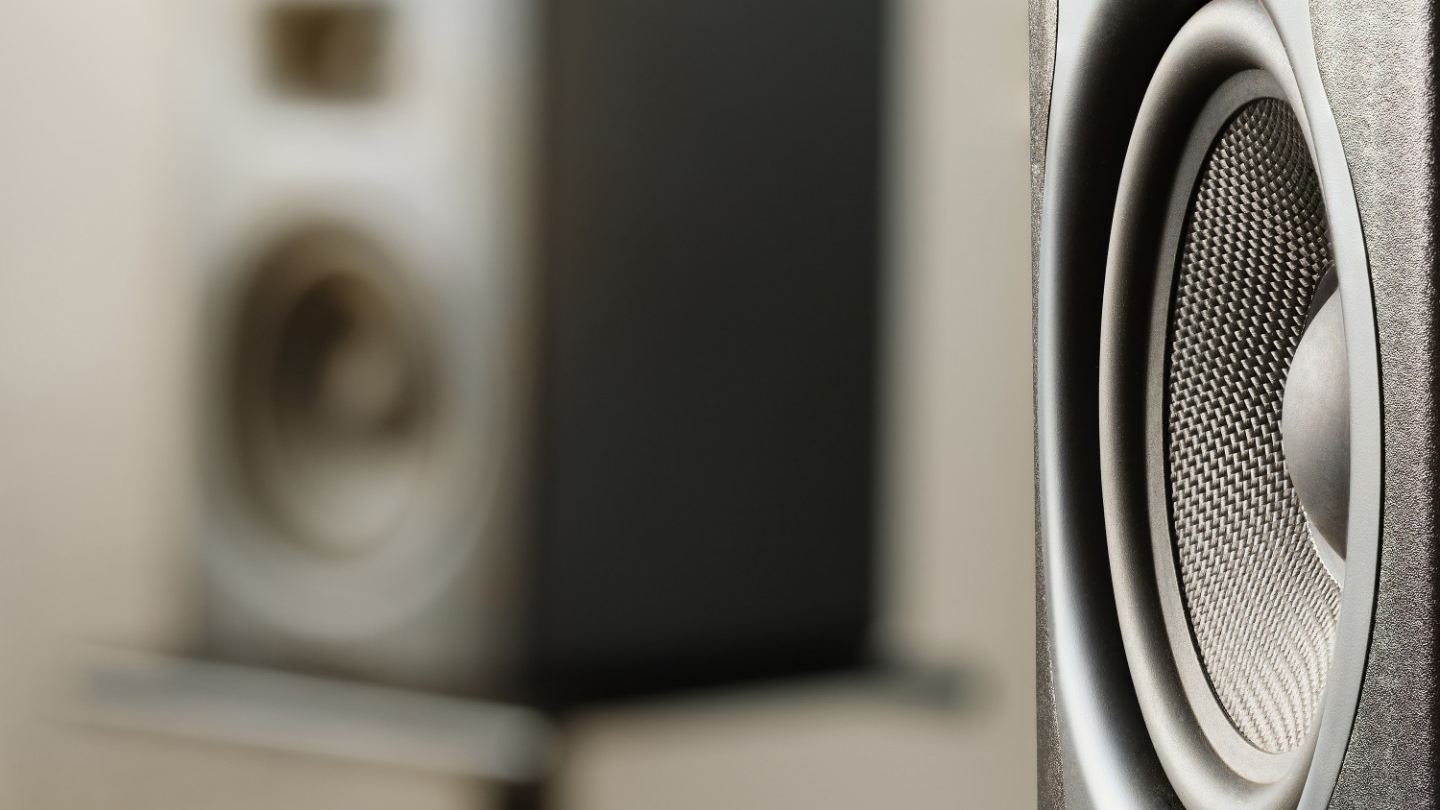
Talk about sustainability in Pro AV. Now, there is research being done on how mushrooms can meet specific requirements for speaker construction.
Well, mushroom mycelium to be precise. The renewable resource has been essential in pharmacy for many years. Yet, mushroom mycelium has even more potential. As a biodegradable material, it can sustainably replace various materials, such as animal leather, packaging materials made from wood, cardboard, or Styrofoam, and insulation wool.
A team of researchers at Fraunhofer IWU is now exploring another application for mushroom mycelium material: for components integrating complex functions in high-quality transmission line speakers, with the aim to enhance their sound even further. The ambitious goal is to process living mycelium in 3D printing and then deliberately influence its growth to achieve sound-reflecting and sound-absorbing properties in one process.
The research findings on the influenceability (or controllability) of mushroom mycelium is highly promising. Characteristics of the material can be adjusted to the respective application during mycelium cultivation by influencing environmental conditions. This way, foam-like structures can be used for sound absorption or damping unwanted vibrations, while solid and smooth properties are suitable for sound reflection. Mycelium is thus a good choice for both insulation material and housing.
So-called transmission line speakers rely on a sound outlet opening in the housing for good bass and reduced resonances (natural vibrations) of the speaker housing. This opening connects to a tube of up to three meters inside the housing. Such a tube must be folded multiple times in the speaker box to fit, resulting in a complex geometry. The high manufacturing costs alone have deterred many manufacturers from this design principle. The IWU team elegantly solves this problem by tool-less printing of functional components and speaker housings. Additionally, this approach reduces the number of adhesive and other joining connections. Overall, 3D manufacturing requires significantly fewer process steps than conventional production methods.
Further cost arguments speak for mushroom mycelium as a material. Recycling organic substrates as the basis of the material is as cost-effective as processing with low energy consumption. Mushroom mycelium occurs in large quantities in the soil. It is also extractable from organic materials such as straw, wood residues, sawdust, reed residues, or brewery by-products (spent grains).
[I Love It Loud: The Evolution of Loudspeakers]
Lastly, ecological arguments speak for this material. While machining manufacturing processes such as cutting, milling, or drilling generate a lot of waste, it is the opposite with 3D printing of mushroom mycelium: the printable material comes from organic residues; only what is needed is processed. The material is entirely non-toxic, comparable to edible mushrooms, and fully biodegradable.
The basis for the "MYCOUSTICS" project is previous fundamental research at the institute on the cultivation and processing of mycelium material. In addition, Fraunhofer IWU has comprehensive expertise in technical acoustics and additive manufacturing. The institute masters a wide range of methods for the analysis, simulation, and optimization of the entire chain of sound generation (excitation, transmission, sound radiation). It also leads the Fraunhofer competence field Additive Manufacturing with twenty Fraunhofer institutes nationwide. Another one of the IWU's research activities is functional integrated 3D printing for applications in various industries.
From June 11 to 13, 2024, Fraunhofer IWU in Dresden will host BioM, an international conference on Biomanufacturing and related fields. Sophia Elsner will present research results on the cultivation and printability of mushroom mycelium material at BioM.







